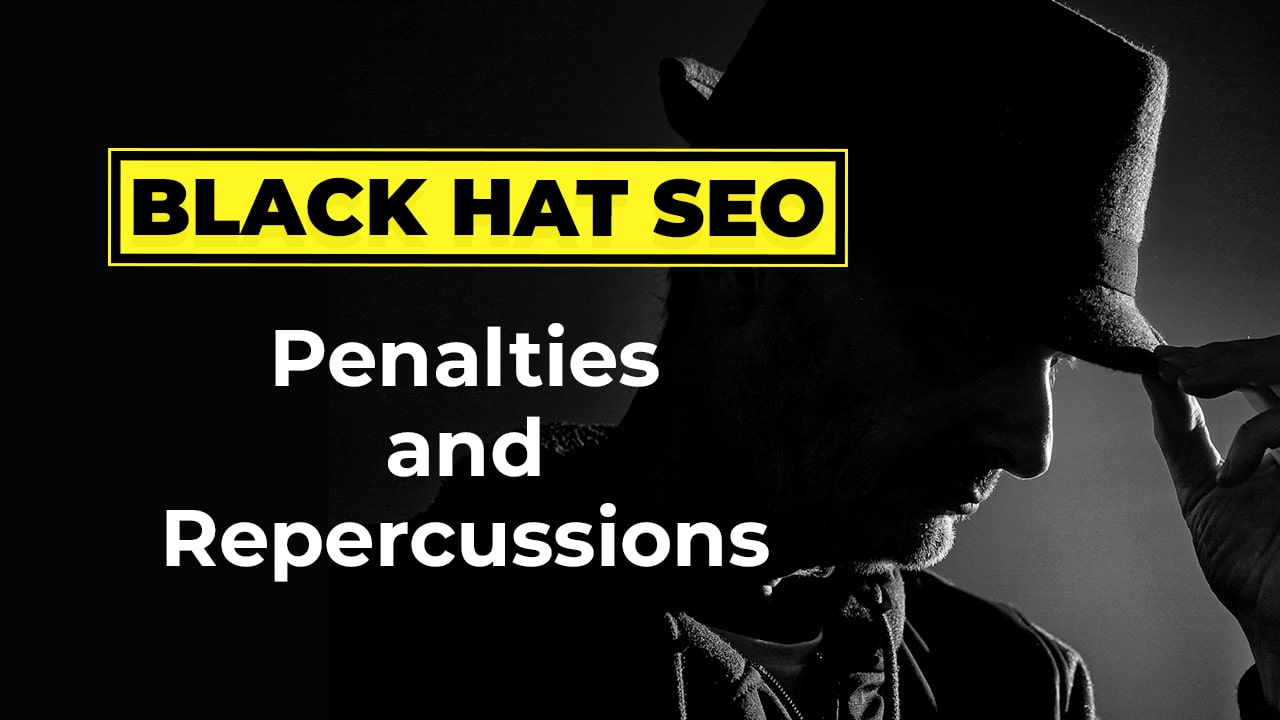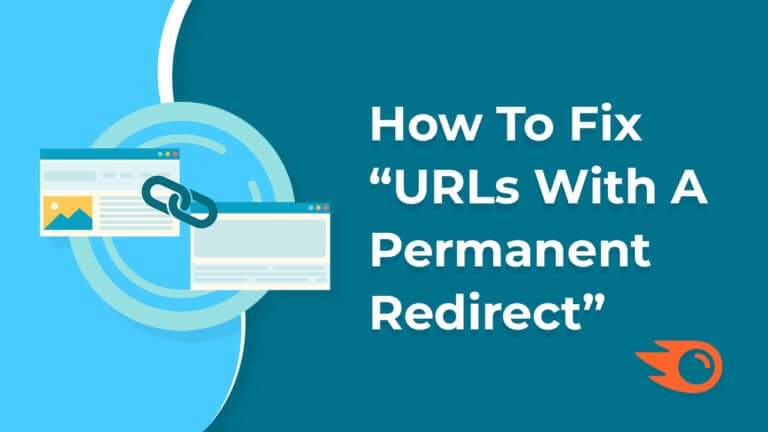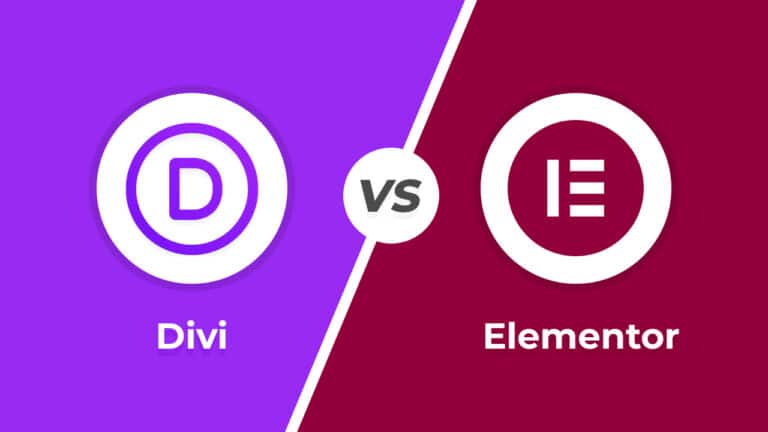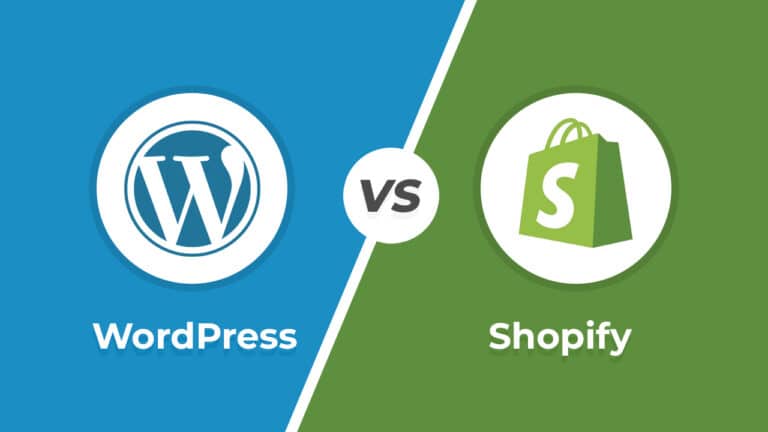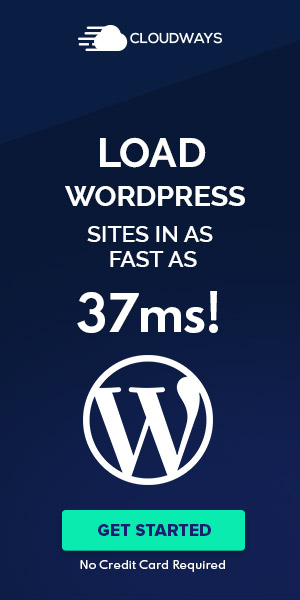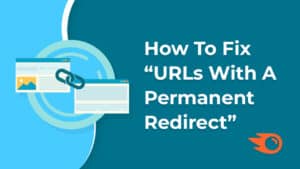In the world of search engine optimization (SEO), website owners are constantly seeking ways to boost their rankings and attract more traffic. It’s no secret that a higher placement on search engine result pages can drastically increase visibility and ultimately lead to more conversions. However, in their quest for fast results, some individuals and businesses resort to questionable tactics known as “Black Hat” SEO. While these practices may offer short-term gains, they come with a heavy price – penalties from search engines that can severely hinder a website’s online presence. In this article, we will explore what Black Hat SEO entails, the penalties and repercussions associated with it, and provide expert advice on how to avoid falling into this treacherous trap. So if you’re ready to learn about the dark side of SEO and how to steer clear of it, read on.
Table of Contents
Understanding Black Hat SEO Practices and Their Consequences
When it comes to search engine optimization (SEO), most businesses aim to improve their website’s visibility and rank higher on search engine results pages. However, some individuals resort to unethical methods known as “Black Hat SEO” to achieve quick and short-term results. Black Hat SEO practices involve techniques that manipulate search engines’ algorithms and violate their guidelines.
These unethical practices may include keyword stuffing, hidden text or links, cloaking, and duplicate content, just to name a few. While they may initially appear effective in gaining higher rankings, search engines have become more sophisticated in detecting and penalizing such practices. Black Hat SEO penalties and repercussions can be severe, causing websites to be completely removed from search engine results and permanently blacklisted.
Google’s Stance on Black Hat SEO: What You Need to Know
If we talk about SEO, Google is a leader in setting guidelines and standards. While there are various strategies and techniques that can be employed to improve a website’s search engine rankings, it is important to understand Google’s stance on black hat SEO. Black hat SEO refers to unethical practices that aim to manipulate search engine algorithms to gain higher rankings.
Google has a strict policy against black hat SEO and takes the issue very seriously. The search engine giant constantly updates its algorithms to identify and penalize websites that engage in such practices. Websites that are found to be using black hat techniques can face severe penalties, including being completely removed from Google’s search results.
The penalties and repercussions of black hat SEO can be detrimental to a website’s online presence and reputation. Once penalized by Google, it can be extremely difficult to recover from the damage caused. In addition to the loss of rankings, website owners may also experience a significant decrease in organic traffic, leading to a decline in business opportunities. It is therefore crucial for website owners and marketers to abide by Google’s guidelines and avoid any black hat SEO techniques.
Strategies for Recovering from Black Hat SEO Penalties
Firstly, it is crucial to identify the causes behind the penalties. Conduct a thorough audit of your website to locate any Black Hat SEO techniques that may have been implemented. This includes keyword stuffing, hidden text, cloaking, and link schemes. Once identified, remove or replace these unethical practices with legitimate and relevant optimization strategies.
Next, focus on building high-quality, natural backlinks. Engage in outreach campaigns to earn organic backlinks from reputable websites in your industry. Guest posting, influencer collaborations, and participating in relevant forums can help establish your website as a credible and trustworthy source of information.
Additionally, optimize your website’s content to meet search engine guidelines. Ensure your keywords are used naturally within your content and meta tags. Improve the user experience by enhancing page load speeds, simplifying navigation, and making your website mobile-friendly.
Lastly, monitor and assess your website’s performance regularly. Keep an eye on your rankings, traffic, and user engagement metrics. Utilize tools like Google Analytics and Search Console to track progress and identify areas for improvement.
Recovering from Black Hat SEO penalties is a challenging process that requires time, effort, and a commitment to ethical practices. By addressing the causes of the penalties, building high-quality backlinks, optimizing your content, and monitoring your website’s performance, you can gradually regain search engine visibility and rebuild your website’s credibility, ensuring long-term success.
Best Practices for Long-Term SEO Success
First and foremost, as mentioned above always prioritize creating high-quality, relevant content. Search engines like Google continually refine their algorithms to provide the best user experience, and valuable content is a primary factor in determining rankings. Focus on producing informative, engaging, and well-written articles, blog posts, and website copy that resonates with your target audience.
Another crucial element of long-term SEO success is building high-quality backlinks. However, it is essential to acquire them organically. Engage in outreach efforts with reputable websites and industry influencers to earn backlinks naturally. Avoid purchasing or participating in link schemes, as these practices can result in severe penalties from search engines.
Lastly, stay up to date with the latest trends, algorithm updates, and SEO best practices. SEO is a dynamic field that is constantly evolving, and what worked yesterday might not work today. Regularly educate yourself through industry publications, blogs, and reputable SEO resources to ensure you are implementing effective strategies and avoiding techniques that can harm your website’s rankings.
Conclusion: Choosing the Right Path for Your Website’s Optimization
In conclusion, the path to website optimization should steer clear of black hat SEO tactics. While they may promise quick results, the penalties and repercussions outweigh any potential gains. Instead, opt for a long-term approach that focuses on white hat SEO techniques. By doing so, your website will not only improve its search engine rankings but also develop a solid foundation for sustained growth and success.
Pro Tip: W3Mind would suggest that instead of risking your website's reputation and rankings with unethical tactics, focus on building a solid foundation of White Hat SEO practices from the start.
Frequently Asked Questions
If there is a sudden drops in rankings, a significant decrease in organic traffic, or receiving a notification from a search engine about a manual action taken against your website.
Yes, Recovery is possible but challenging. You need to identify and remove the offending tactics, submit a reconsideration request to the search engine, and implement White Hat SEO strategies to rebuild trust and authority.
It will depend on the severity of the penalty and the actions taken to address it. It can range from a few weeks to several months or longer.

